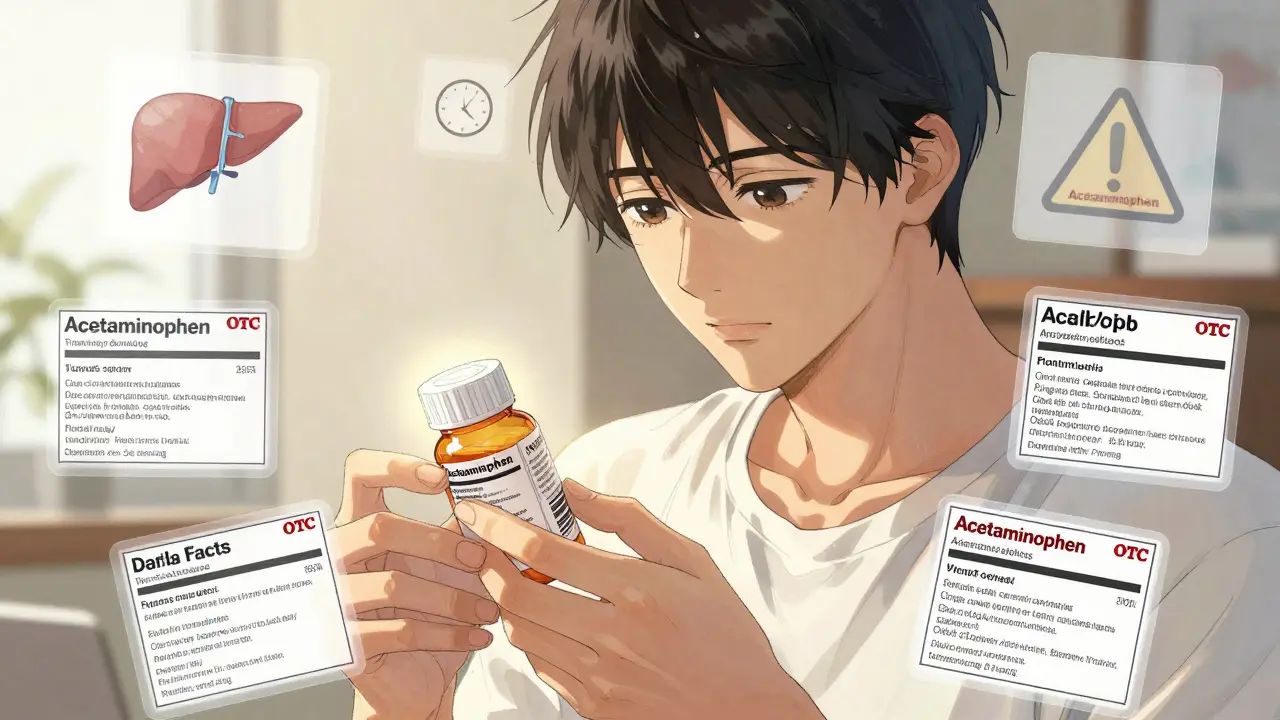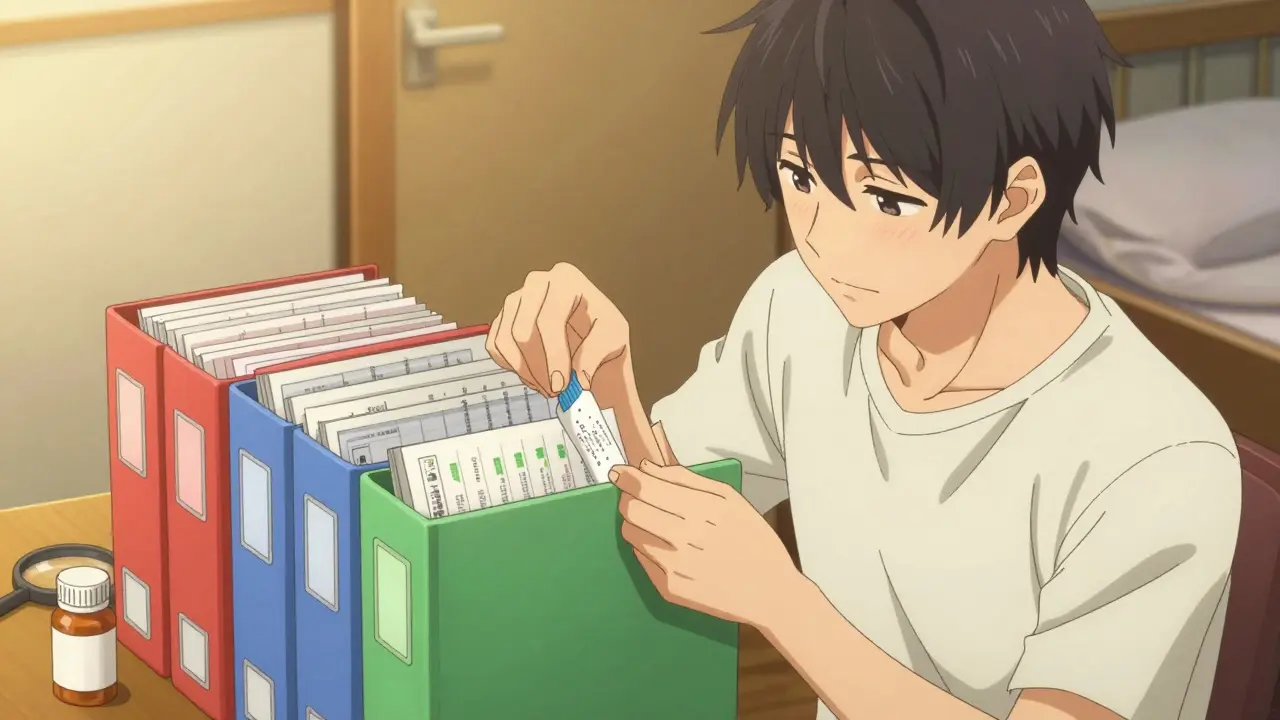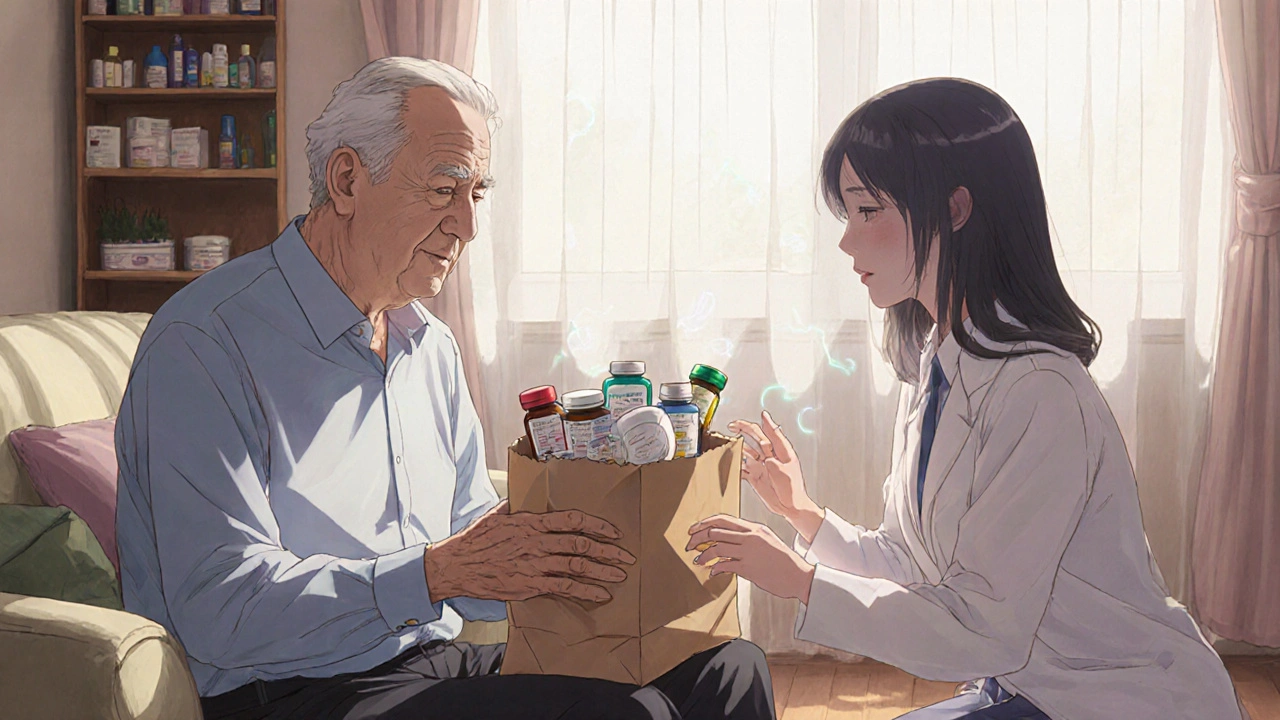Medication Safety Tips – Simple Ways to Use Drugs Safely
Ever wonder if the pill you just bought online is legit? Or why you sometimes feel off after starting a new medicine? Medication safety is about more than just taking a pill; it’s about knowing what you’re putting in your body and making sure it won’t hurt you. Below are real‑world steps you can start using today.
Why Medication Safety Matters
Wrong doses, counterfeit drugs, and hidden interactions cause thousands of emergency visits each year. A simple mix‑up—like taking a double dose of a blood thinner—can turn a routine treatment into a life‑threatening event. Even over‑the‑counter products can interact with prescription meds, so treating every drug as safe until you check it is a risky habit.
Practical Steps to Keep Your Meds Safe
1. Verify the source. If you buy online, look for a licensed pharmacy that requires a prescription. Sites that sell “cheap generic” without asking for a doctor’s note often sell counterfeit or sub‑standard products. Check for certifications, read reviews, and avoid crazy discounts that seem too good to be true.
2. Keep a medication list. Write down every drug, supplement, and vitamin you take, including dosages and timing. Bring this list to every doctor visit and pharmacy pick‑up. It helps prevent accidental duplicate therapy and alerts clinicians to possible interactions.
3. Read the label and insert. The tiny print holds crucial info on how to take the drug, what foods to avoid, and common side effects. If anything looks confusing, ask your pharmacist or doctor right away—don’t guess.
4. Store meds properly. Heat, moisture, and light can degrade many medications. Keep pills in their original bottles, away from the bathroom or kitchen sink. For insulin, follow the specific fridge instructions; a ruined dose can mean a missed blood sugar control.
5. Check expiration dates. Using an expired drug can reduce effectiveness or cause harmful breakdown products. Dispose of old meds safely—many pharmacies offer take‑back boxes.
6. Watch for side effects. New symptoms like dizziness, rash, or unexplained pain deserve attention. Use a symptom diary to track when they appear relative to your dose. Prompt reporting can prevent a problem from getting worse.
7. Don’t share meds. Even if a friend says they have the same condition, their health history might differ. Sharing can lead to dosing errors or allergic reactions.
These steps cover most of the safety pitfalls you’ll encounter, whether you’re ordering a generic Zovirax in South Africa or picking up a prescription for Tamsulosin at your local pharmacy. By staying curious and double‑checking, you turn medication from a potential hazard into a reliable tool for your health.
Remember, medication safety isn’t a one‑time check—it’s a habit. Keep your list updated, verify every purchase, and stay in touch with your healthcare team. With these habits, you’ll feel confident that the drugs you take are helping, not harming, your well‑being.
-
How to Read OTC Drug Facts Labels Correctly and Confidently
Learn how to read OTC drug facts labels correctly to avoid dangerous mistakes, overdoses, and hidden drug interactions. Know the 7 sections, spot common errors, and use the 5-point check for safe self-care.
-
How to Store Prescription Labels and Leaflets for Future Reference
Learn how to safely store prescription labels and medication leaflets to prevent dangerous errors, avoid unnecessary tests, and help doctors give you better care. A simple system can save your life.
-
Brown Bag Medication Review Events: Preparing for a Safe Checkup
A Brown Bag Medication Review helps prevent dangerous drug interactions by having patients bring all their medications in a brown bag to a healthcare provider. It’s especially critical for seniors on multiple drugs and can prevent hospitalizations.
-
Online Pharmacy totalcaremart.com: Affordable Medications, Safe Delivery, and What You Need to Know
Discover how totalcaremart.com delivers safe, affordable prescription drugs online. Learn about ordering, safety tips, and regulations for online pharmacies.



